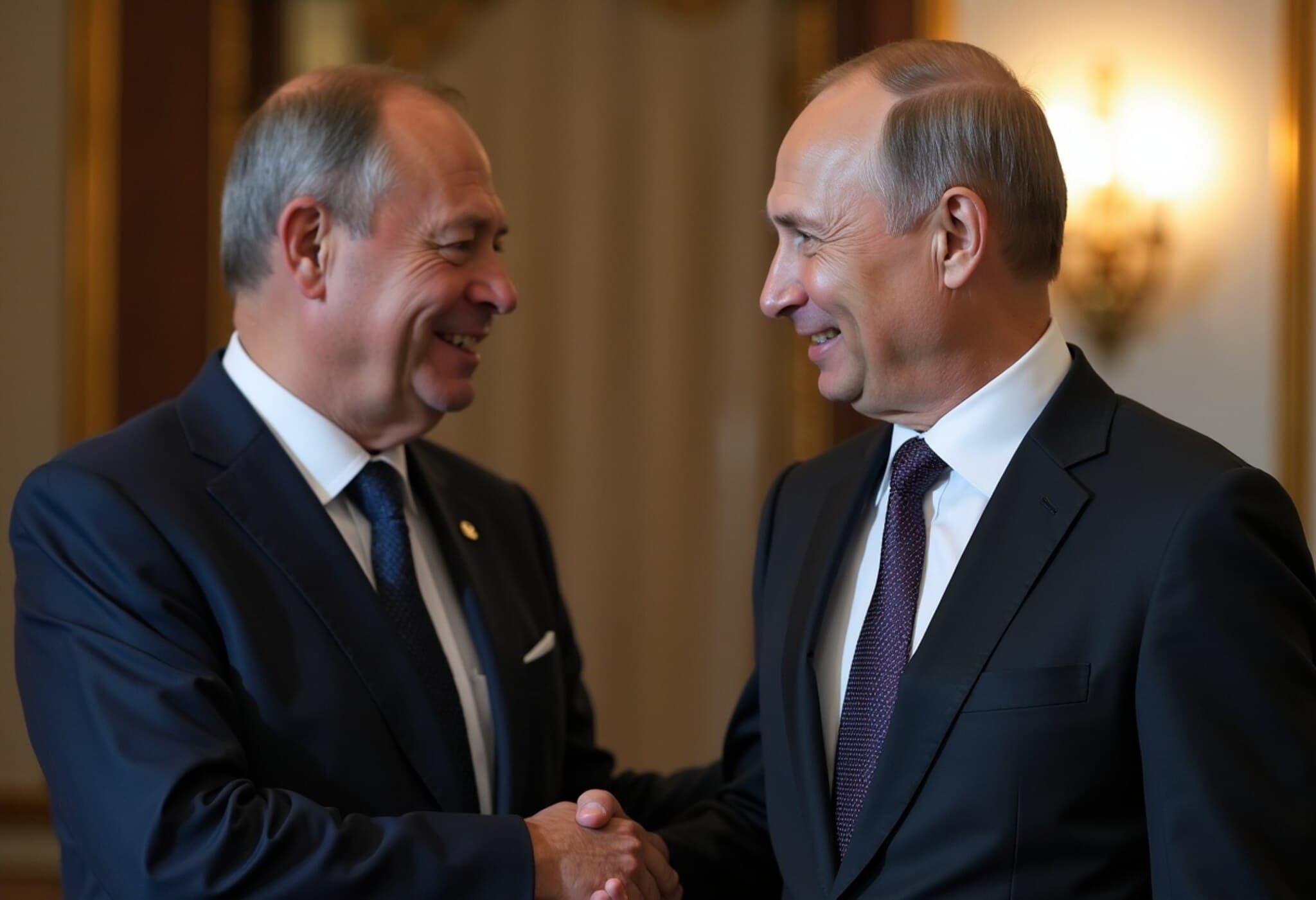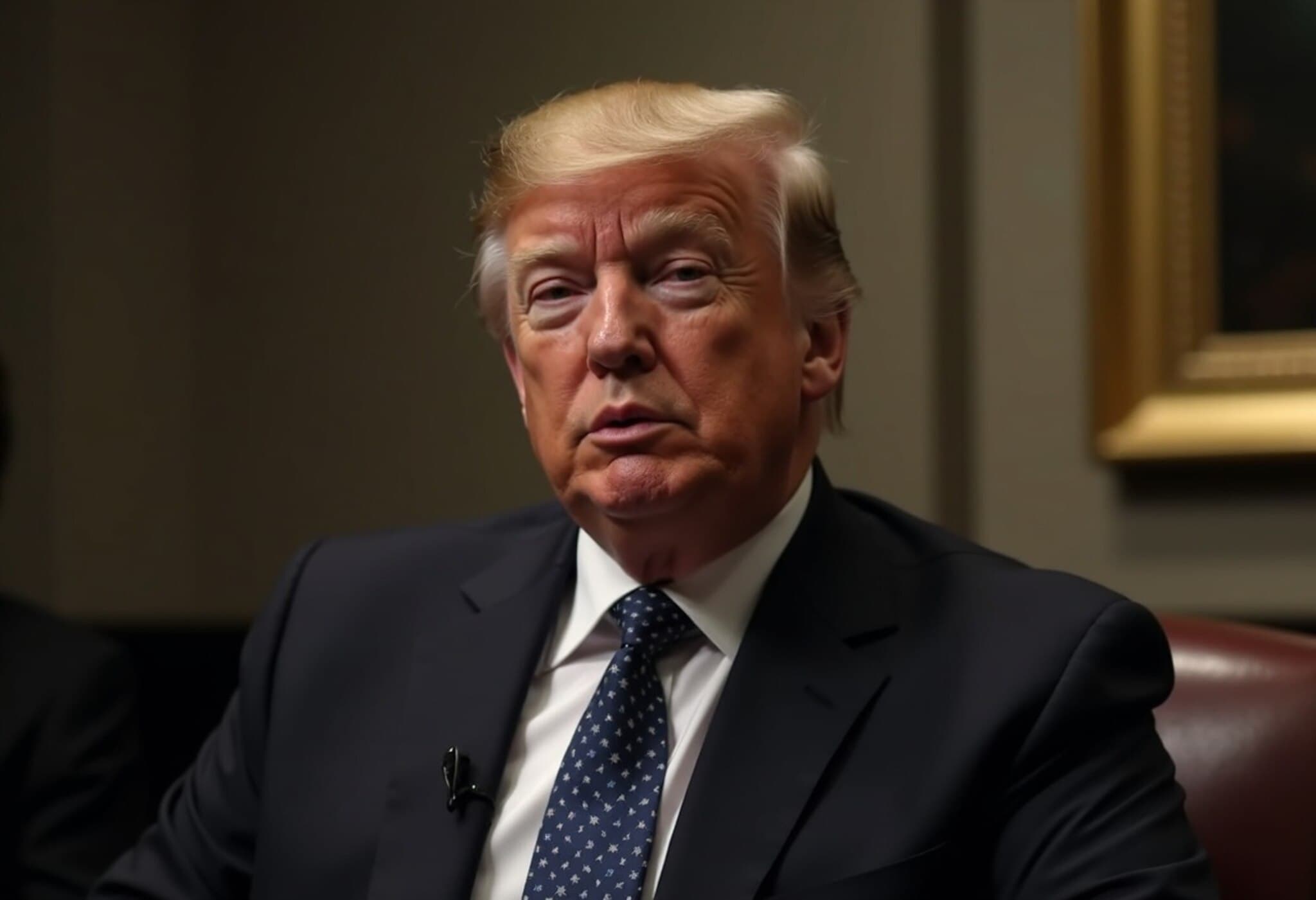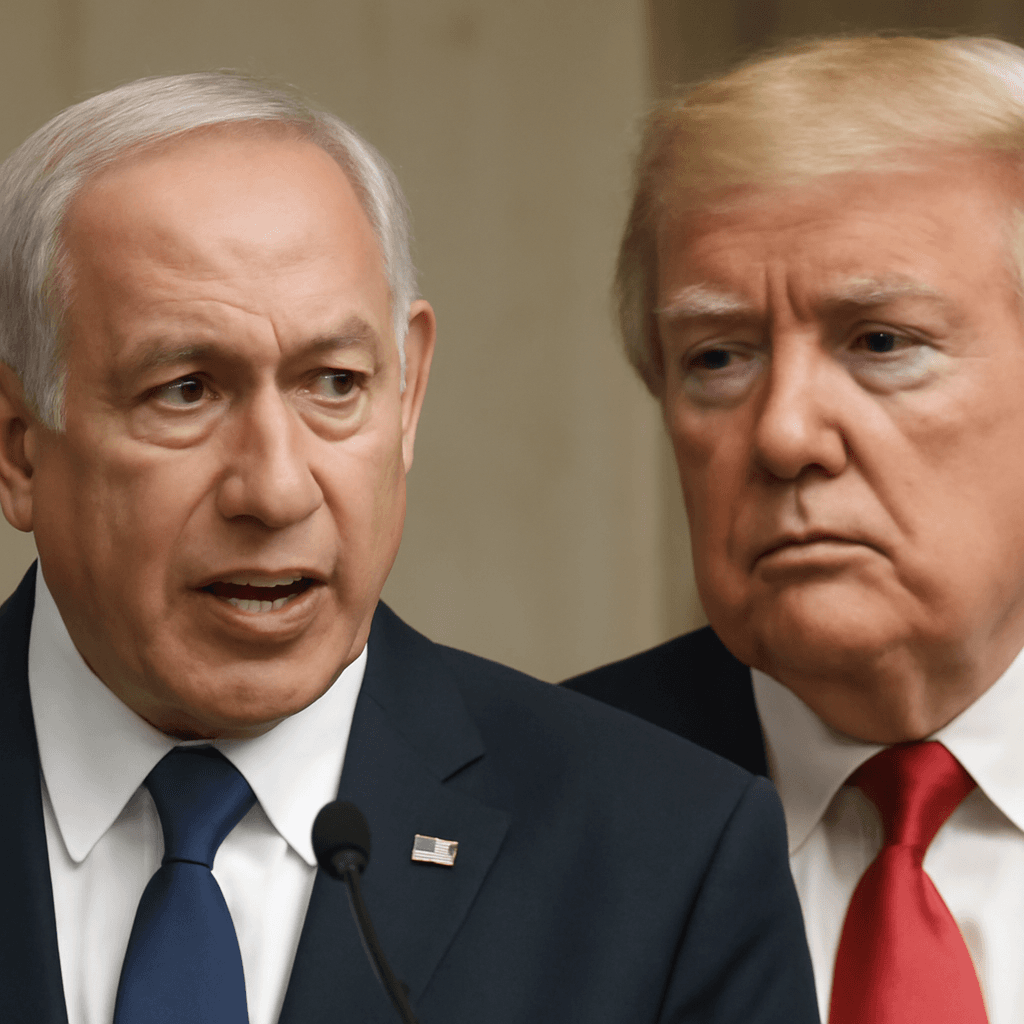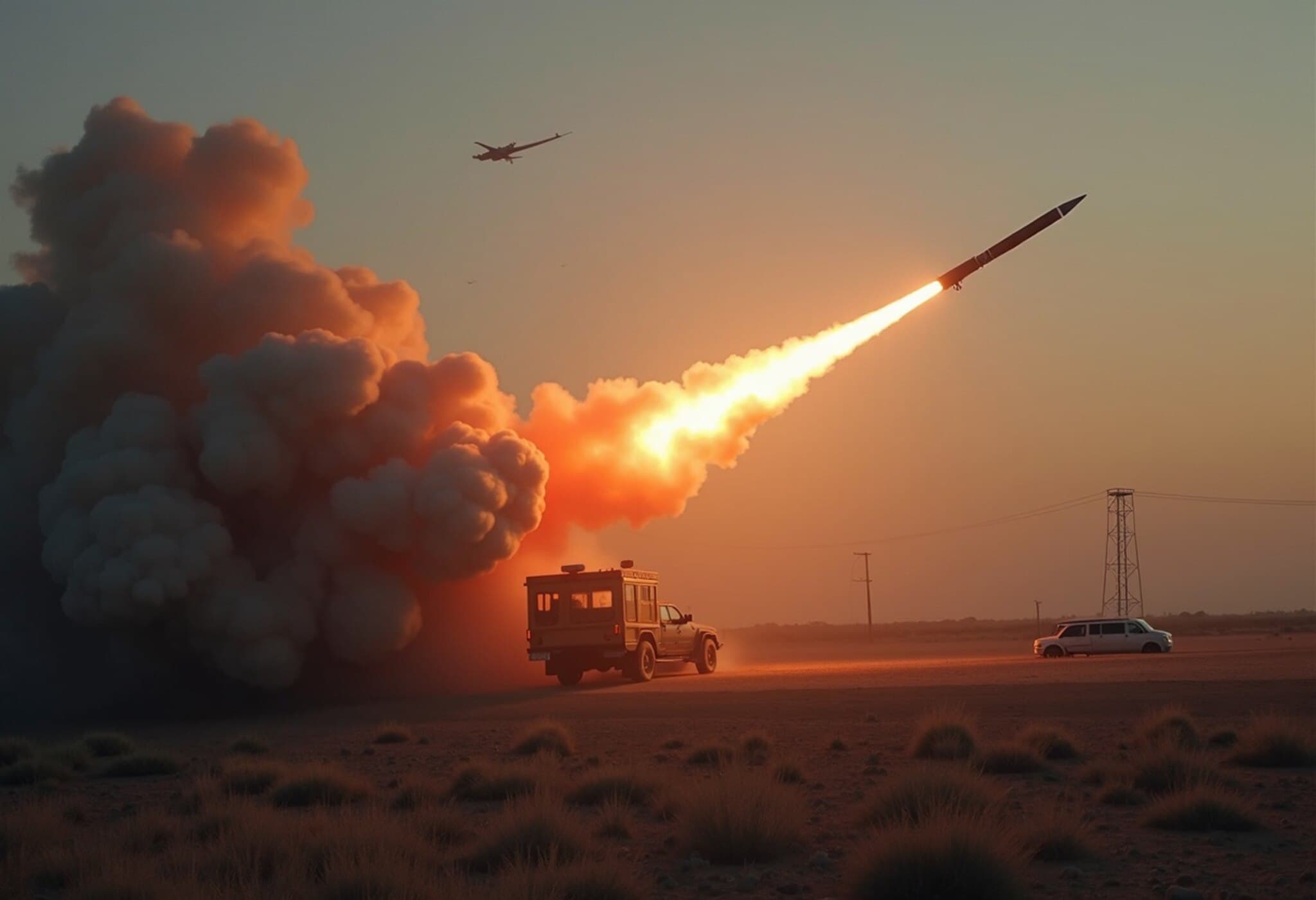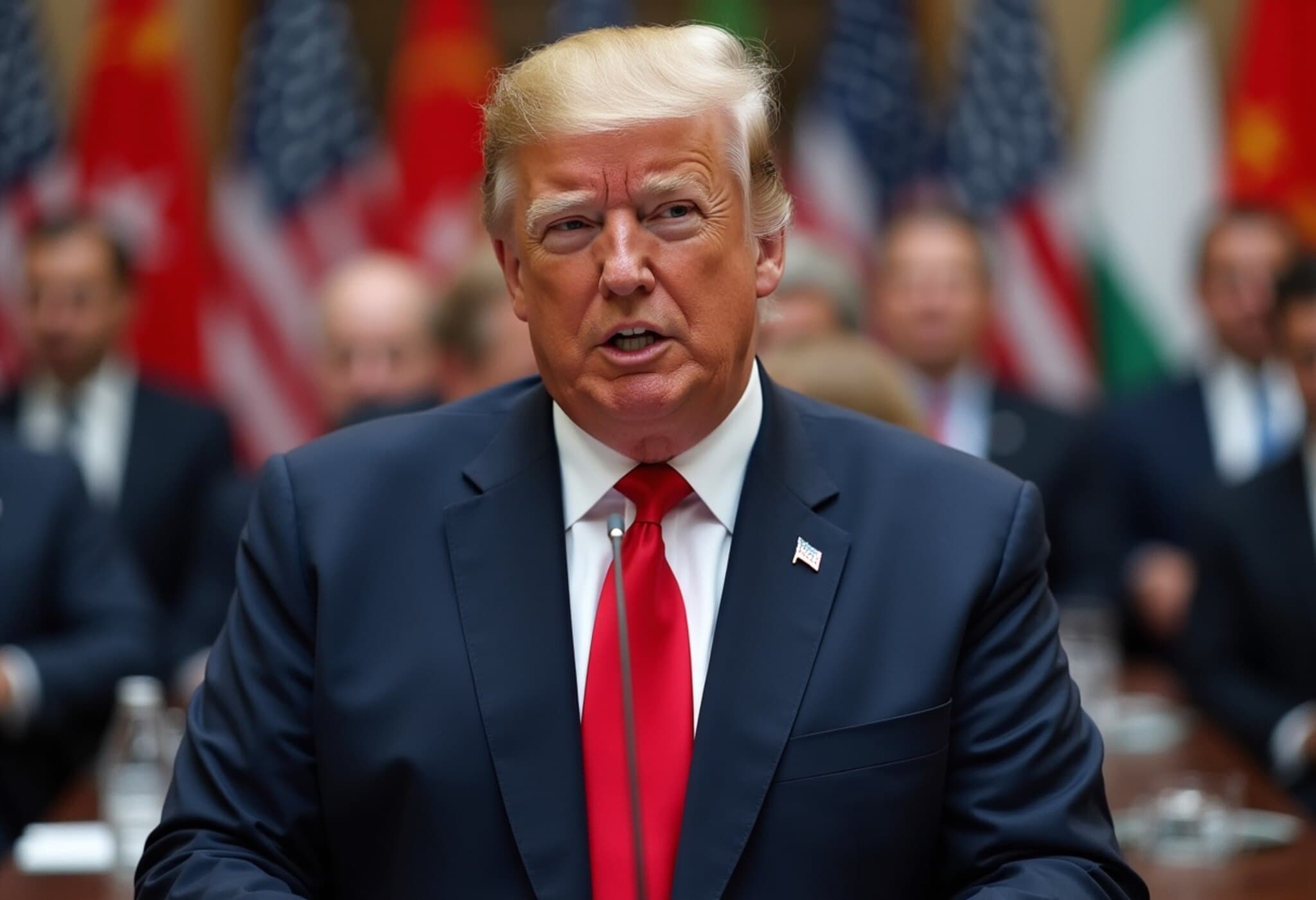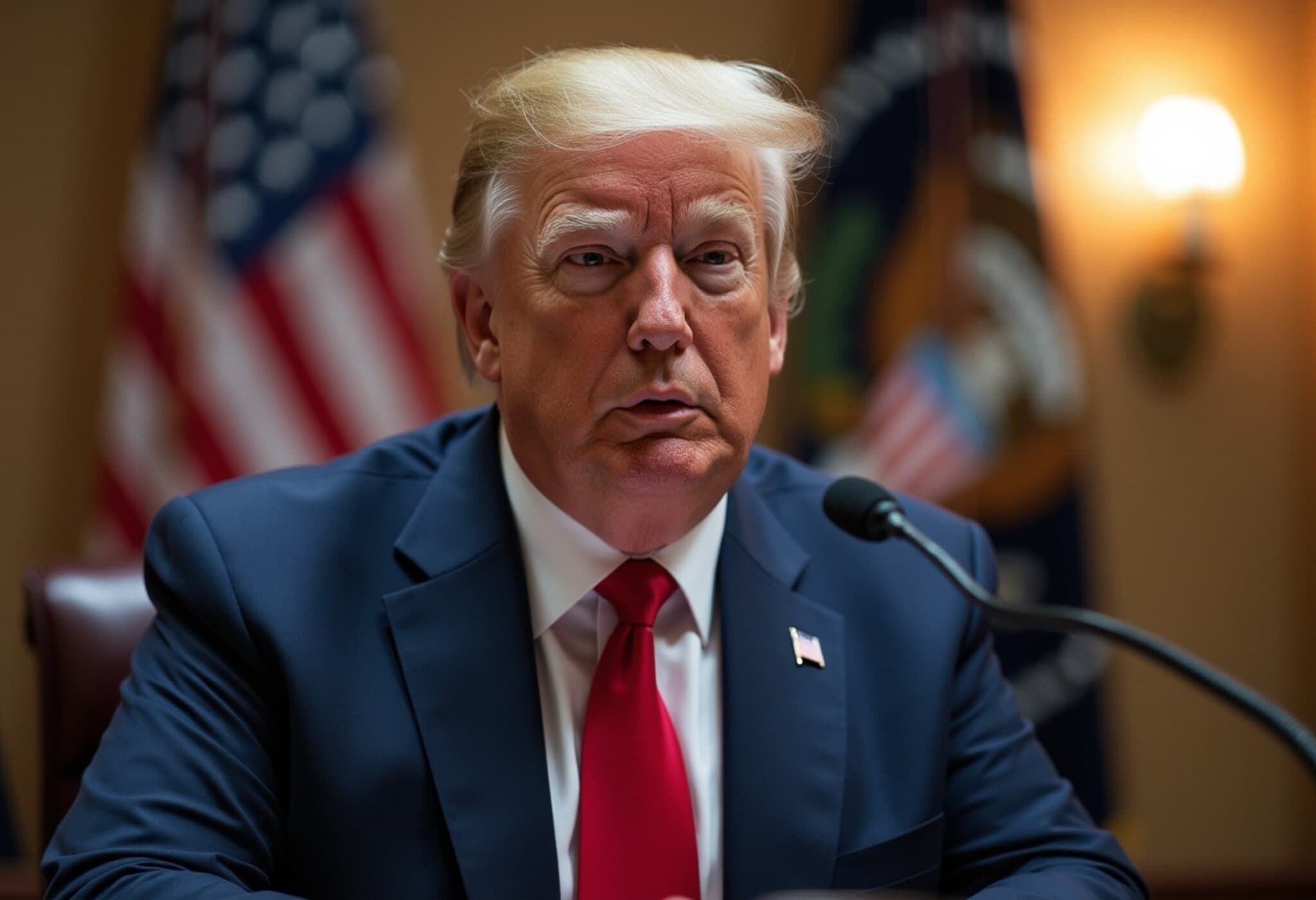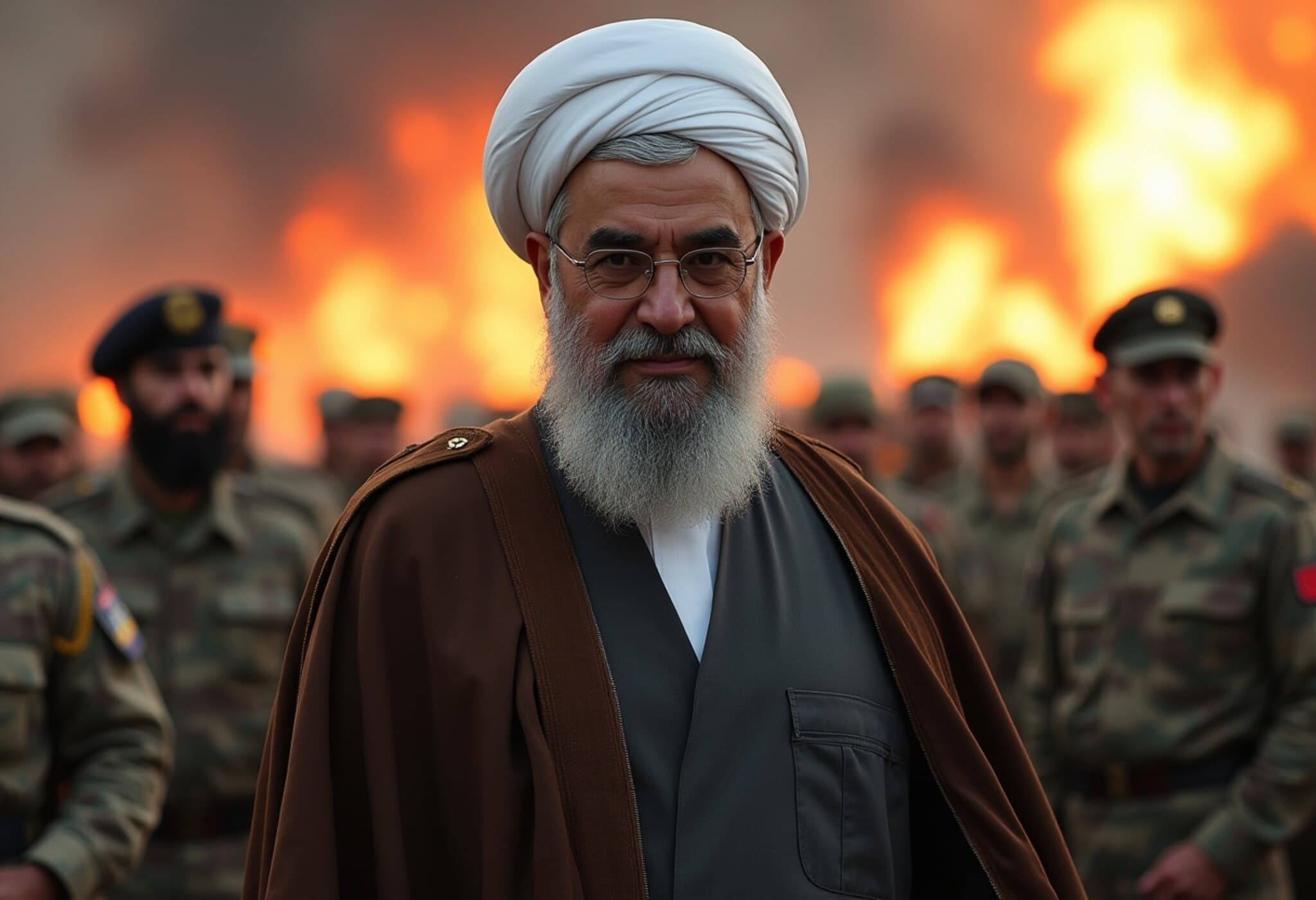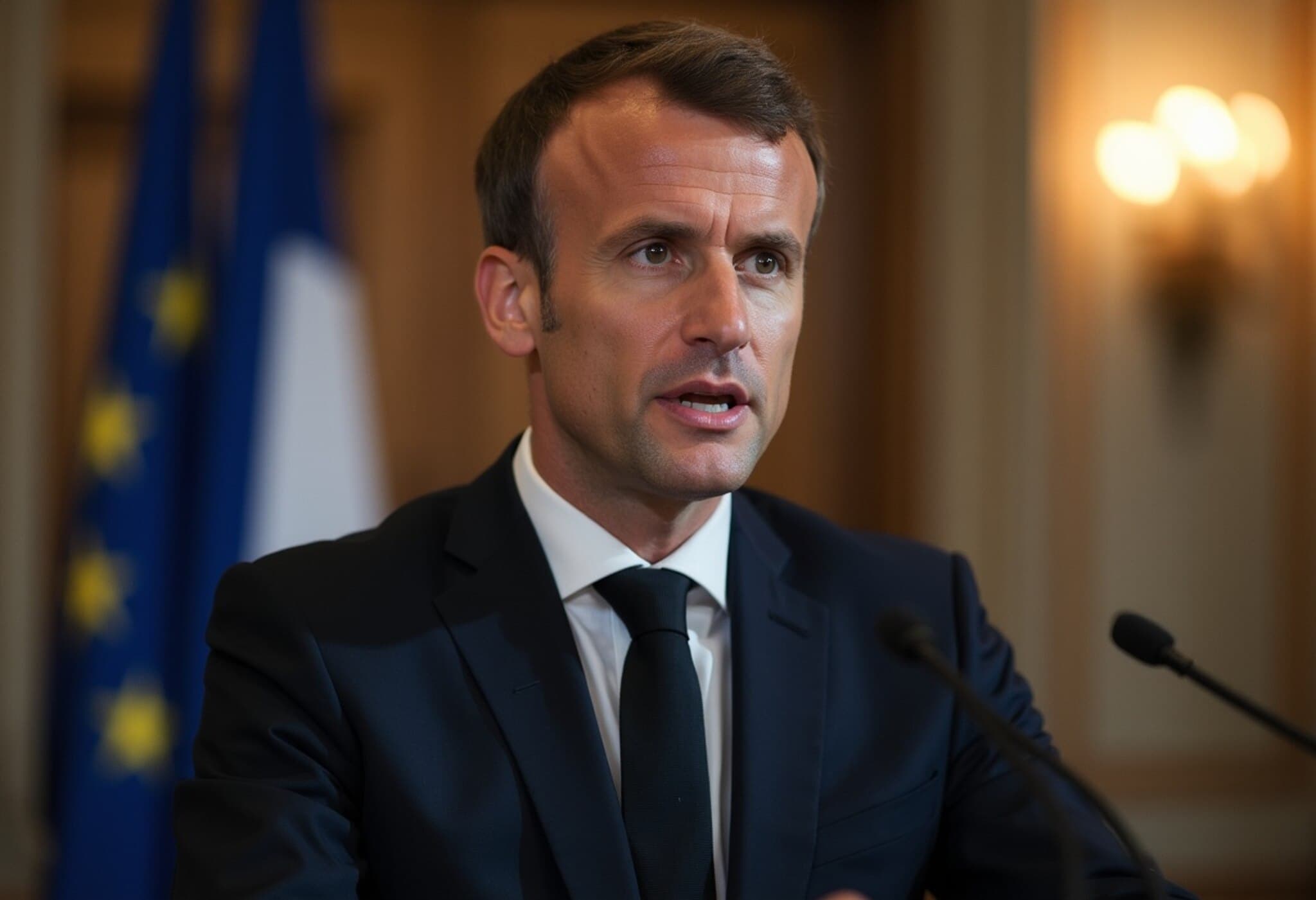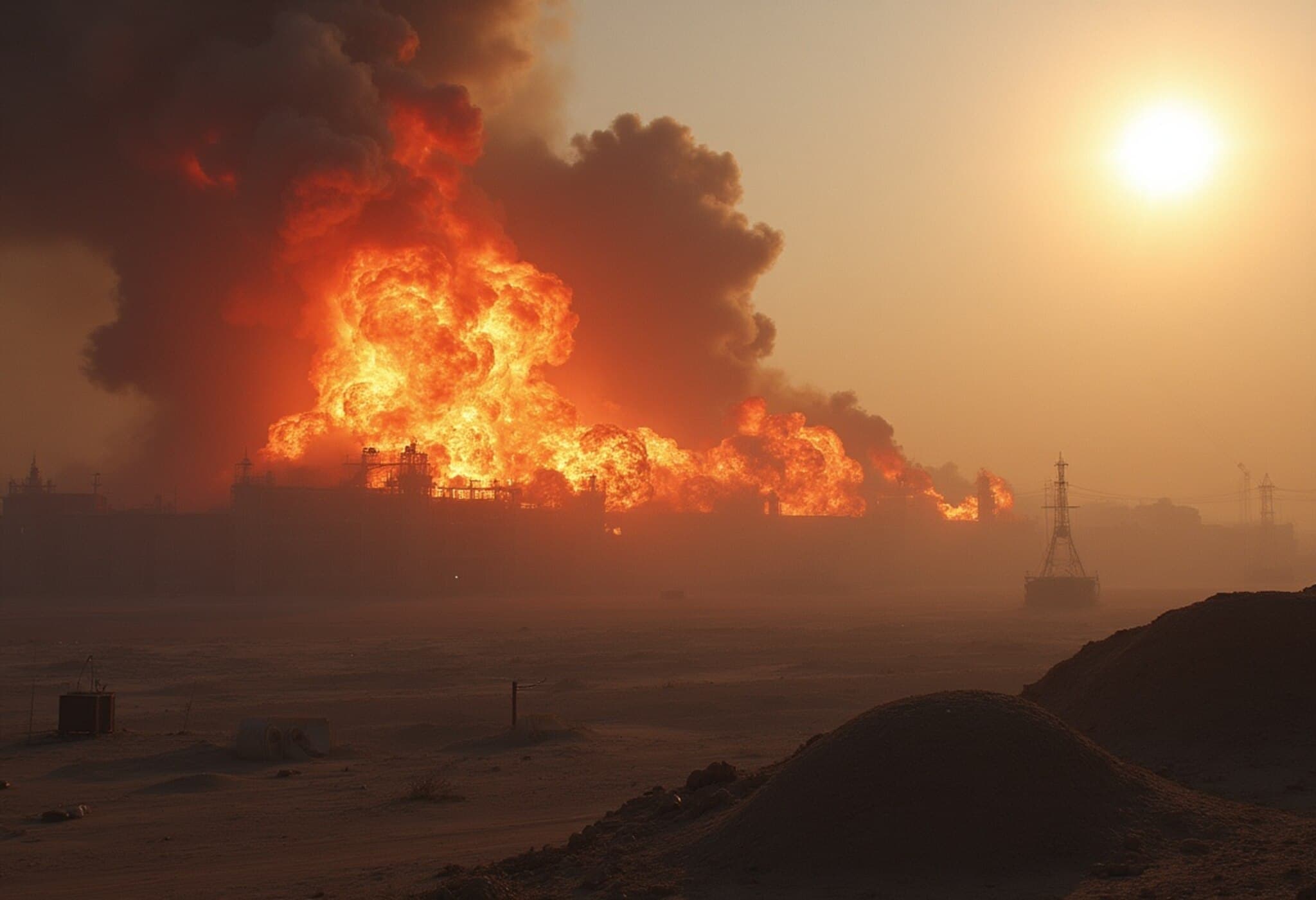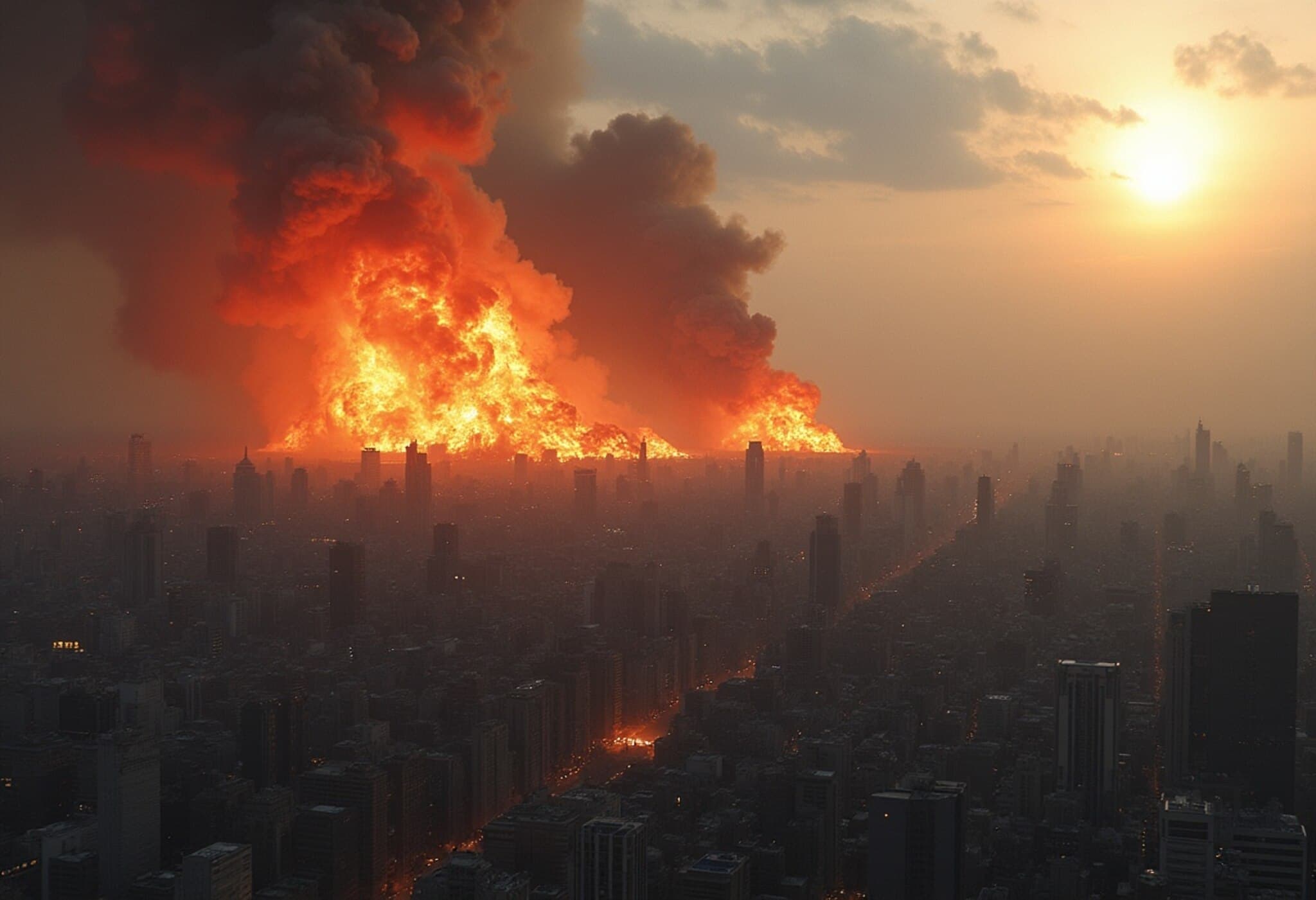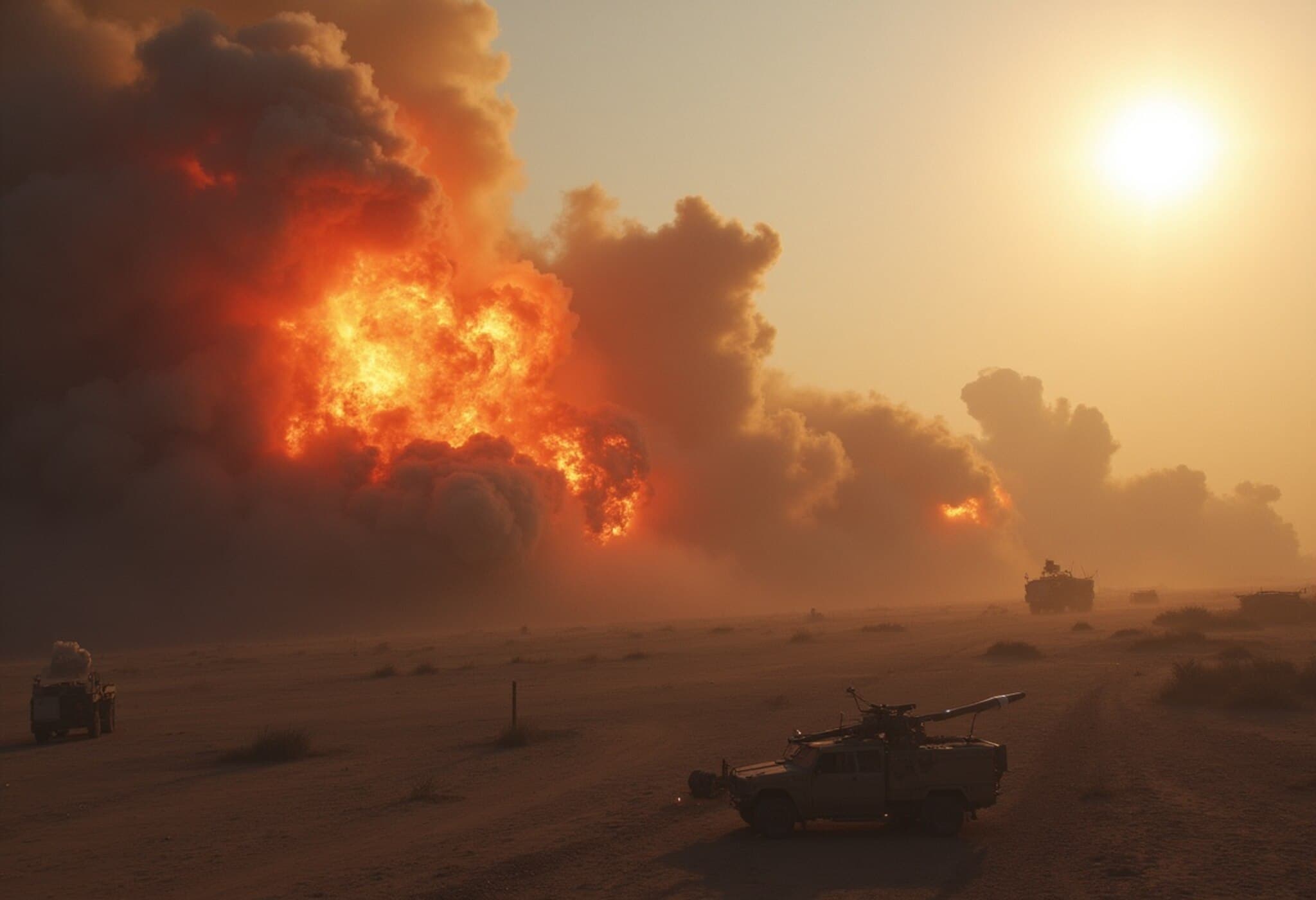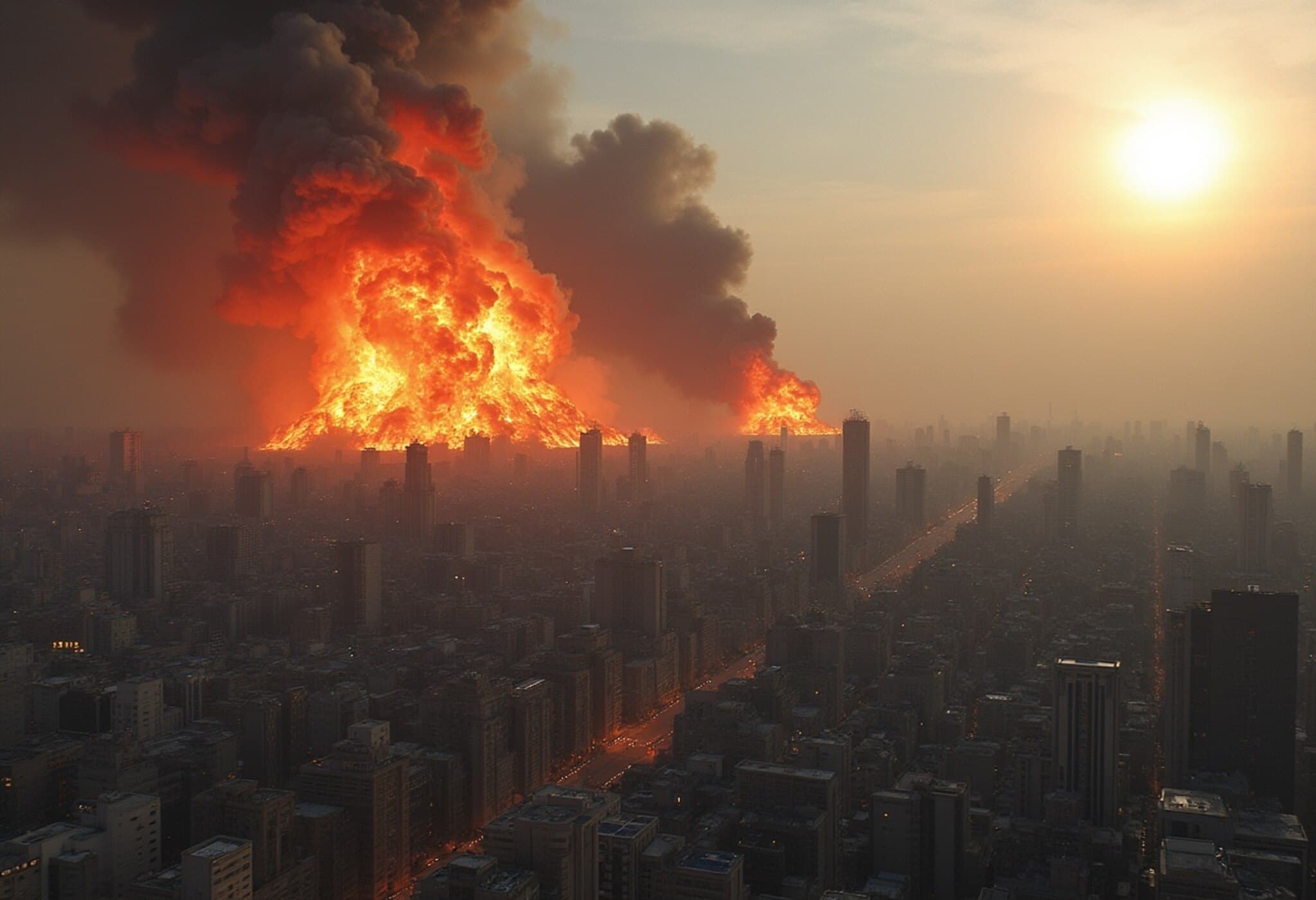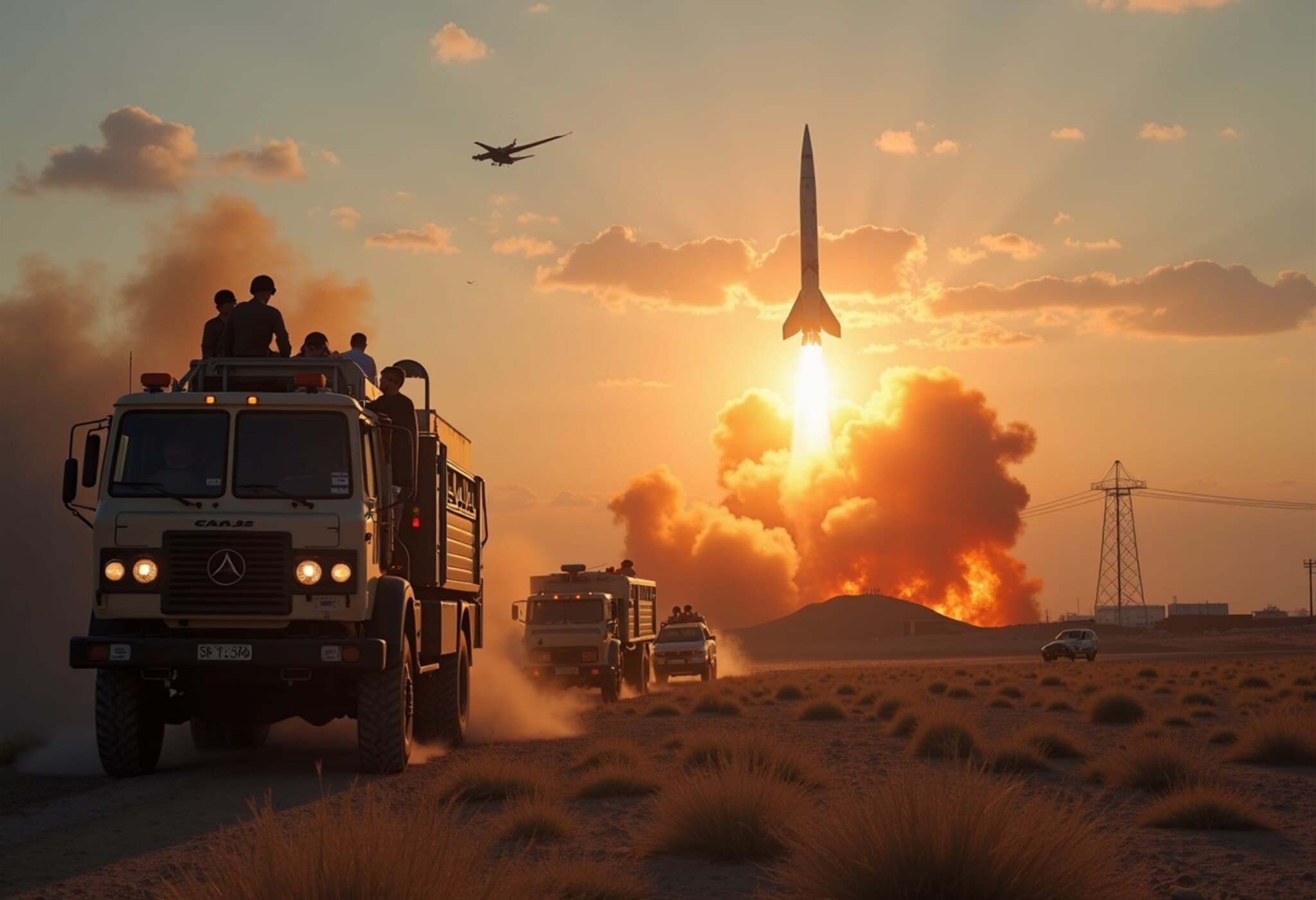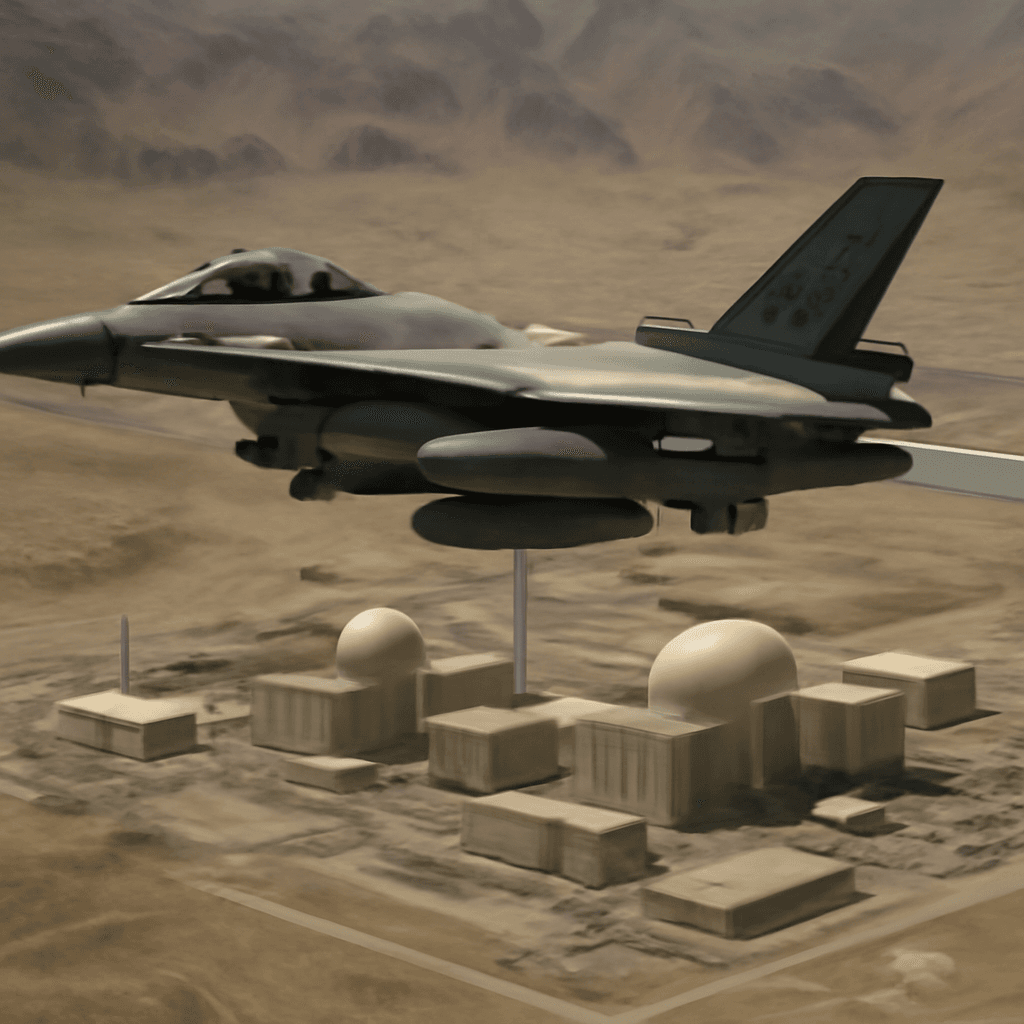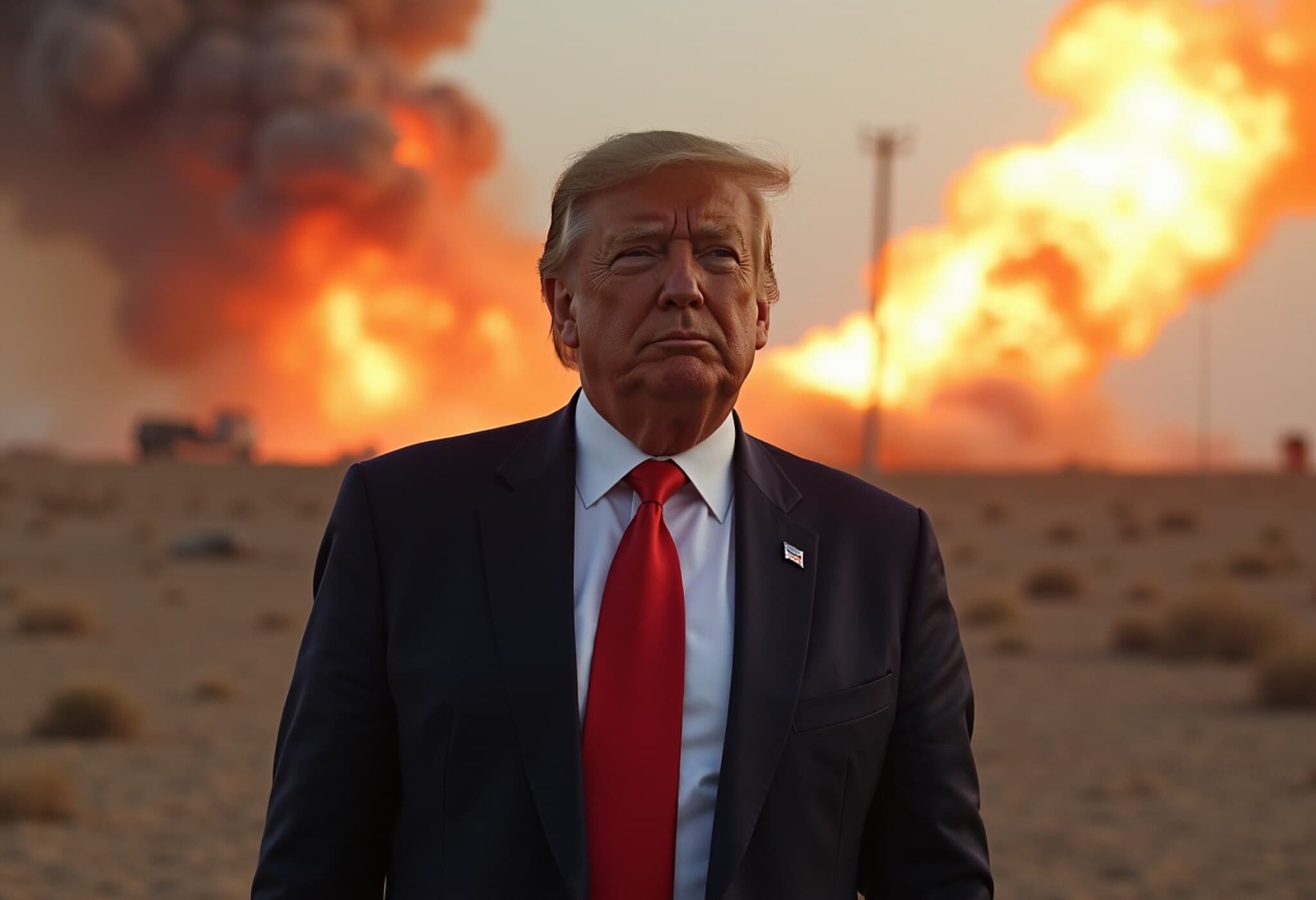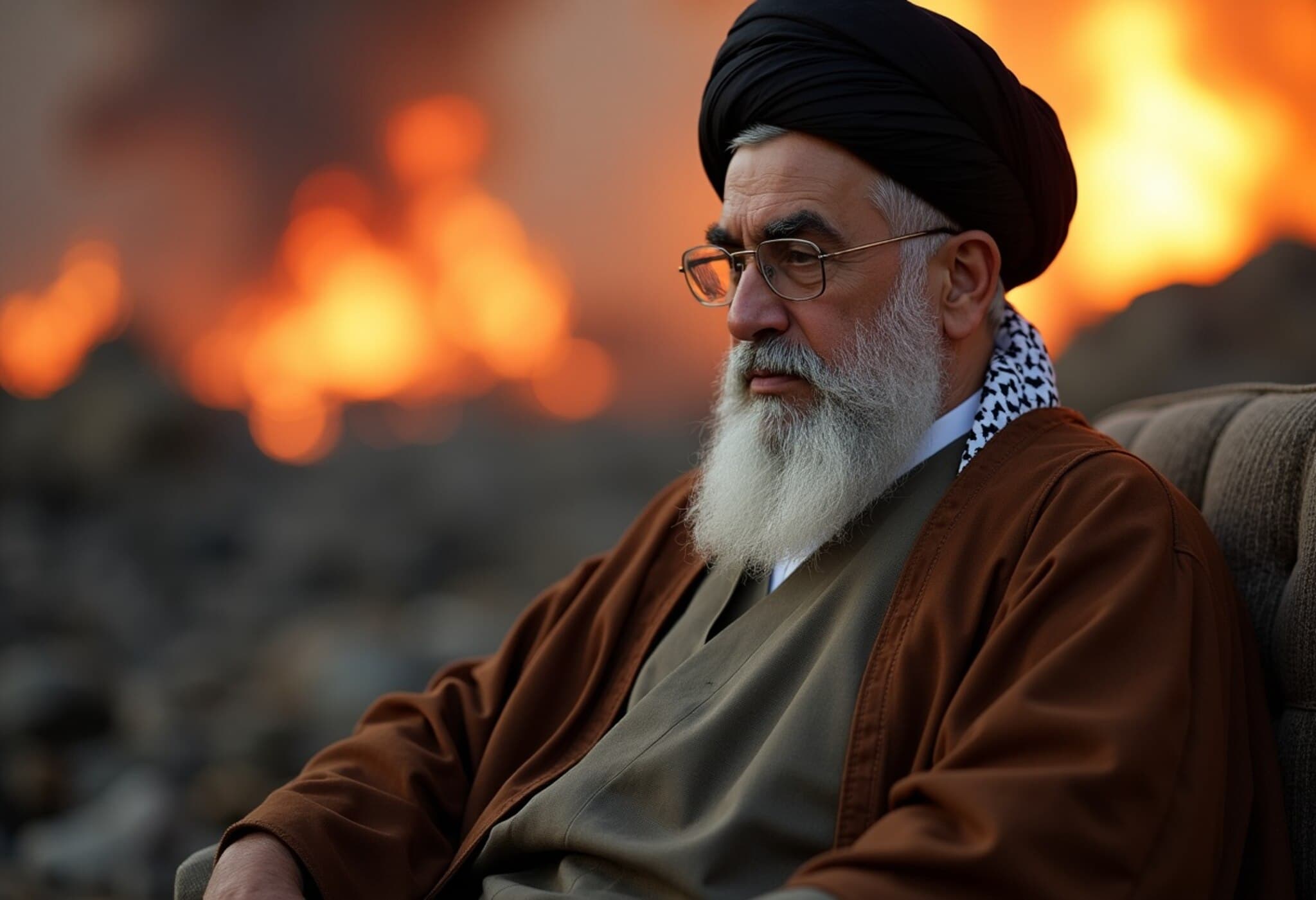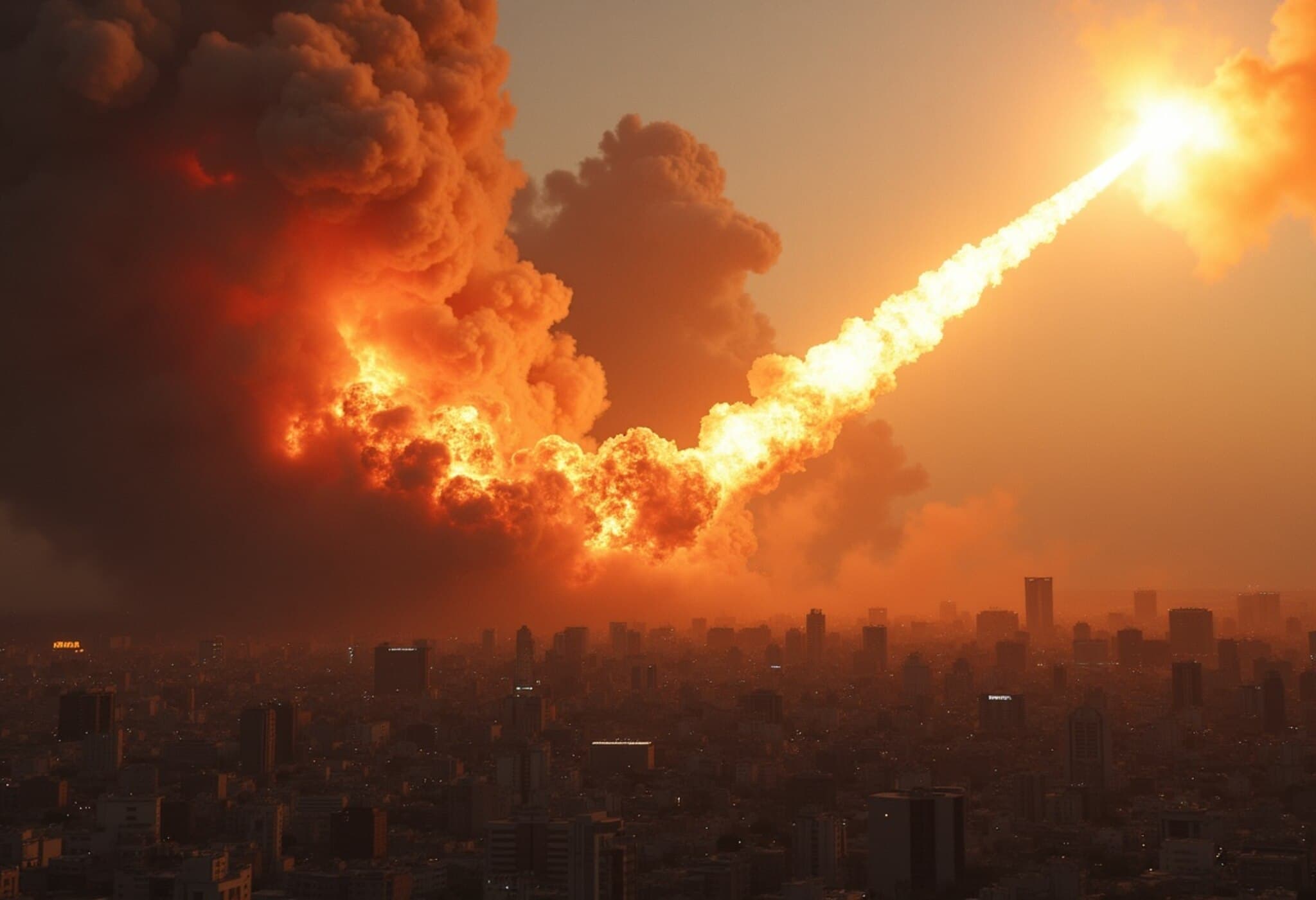Iran Plans High-Level Discussions with Russia Following US Airstrikes
In the wake of recent US airstrikes on Iranian nuclear facilities, Iran’s Foreign Minister Abbas Araghchi announced his upcoming visit to Moscow for urgent talks with Russian President Vladimir Putin.
Addressing reporters during the Organisation of Islamic Cooperation summit in Istanbul, Araghchi emphasized the strong ties between Tehran and Moscow. "Russia is a friend of Iran, and we maintain constant consultations," he said. He confirmed his travel to Moscow would lead to "serious consultations" with Putin the following morning.
US Strikes Heighten Tensions in Iran-Israel Conflict
The US attacks came amid an ongoing Israeli campaign targeting Iran's nuclear infrastructure. President Donald Trump authorized the airstrikes late Saturday, marking a sharp escalation in the regional conflict by hitting three critical Iranian nuclear sites.
From the Iranian perspective, these strikes represent an unprecedented breach of international norms. Araghchi condemned the actions, labeling them a "gross violation of international law" and a crossing of a "very big red line." He further warned that Iran reserves the right to self-defense as outlined in Article 51 of the United Nations Charter, declaring, "We have to respond."
Dmitry Medvedev Lashes Out at US Policy
Adding fuel to the fire, Dmitry Medvedev, former Russian president and Deputy Chairman of Russia’s Security Council, criticized President Trump's decision sharply. Speaking on social media, Medvedev accused the US leader of igniting a new war in the Middle East, undermining his previous image as a peace advocate.
He argued that the strikes failed to inflict meaningful damage on Iran's nuclear capabilities, noting that vital infrastructure remained intact or only suffered minor harm. According to Medvedev, the enrichment process and potential nuclear weapons development will likely continue unabated.
Alarmingly, Medvedev suggested that multiple countries are prepared to supply Iran with nuclear warheads, though he stopped short of naming them.
"What have the Americans accomplished with their nighttime strikes on three nuclear sites in Iran? Critical infrastructure of the nuclear fuel cycle appears to have been unaffected or sustained only minor damage."
He also highlighted growing instability in Israel, with ongoing explosions posing a constant threat to civilians, and warned that US involvement might deepen, possibly extending to a ground operation.
Medvedev further claimed that the assault has politically fortified Iran's regime, rallying support around its spiritual leadership, even from those who were previously ambivalent or opposed.
Tehran Rejects Immediate Diplomatic Engagements
In response to the heightened conflict, Araghchi dismissed prospects for diplomacy under current circumstances. He accused the US of sabotaging ongoing negotiations, stating, "We were in the middle of diplomacy and talks with the United States when the Israelis blew it up."
He reported that discussions with European representatives were still active in Geneva just days before the strikes but were effectively derailed by the US actions. Araghchi held the Trump administration responsible for betraying diplomatic efforts, describing them as proponents of force over dialogue.
Concluding, he asserted that America's approach has undermined trust, remarking, "They have proved that they are not men of diplomacy, and they only understand the language of threat and force. This is very unfortunate."
Looking Ahead
As tensions simmer, Iran’s engagement with Russia signals potential shifts in regional alliances and nuclear dynamics. With warnings of retaliation and increasing international involvement, the situation remains precarious, carrying far-reaching implications for Middle Eastern stability.

